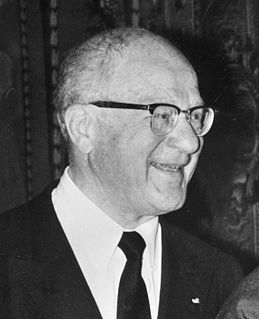A Quote by Dorothea Brande
The games of the ancient Greeks were, in their original institutions, religious solemnities.
Quote Topics
Related Quotes
Experts in ancient Greek culture say that people back then didn't see their thoughts as belonging to them. When ancient Greeks had a thought, it occurred to them as a god or goddess giving an order. Apollo was telling them to be brave. Athena was telling them to fall in love. Now people hear a commercial for sour cream potato chips and rush out to buy, but now they call this free will. At least the ancient Greeks were being honest.
Eratosthenes was the director of the great library of Alexandria, the Centre of science and learning in the ancient world. Aristotle had argued that humanity was divided into Greeks and everybody else, whom he called barbarians and that the Greeks should keep themselves racially pure. He thought it was fitting for the Greeks to enslave other peoples. But Erathosthenes criticized Aristotle for his blind chauvinism, he believed there was good and bad in every nation.
What is remarkable about the Greeks - even pre-philosophically - is that despite the salience of religious rituals in their lives, when it came to the question of what it is that makes an individual human life worth living they didn't look to the immortals but rather approached the question in mortal terms. Their approaching the question of human mattering in human terms is the singularity that creates the conditions for philosophy in ancient Greece, most especially as these conditions were realized in the city-state of Athens.
The exclusion of true esoteric religion has been the business of the State since ancient times. At first this was done via the establishment of the popular idealism of exoteric religious institutions in league with the State. But in modern times the same process is done by the strategic exclusion of conventional religious cultism, mystical idealism, and higher evolutionary Wisdom from the mechanisms of popular culture.
Here and there in the ancient literature we encounter legends of wise and mysterious games that were conceived and played by scholars, monks, or the courtiers of cultured princes. These might take the form of chess games in which the pieces and squares had secret meanings in addition to their usual functions.






































